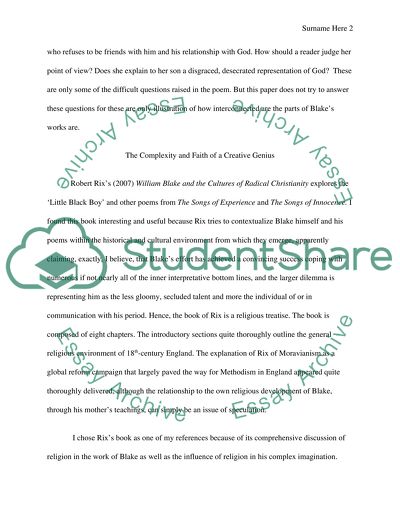Cite this document
(“Discovering the Roles of William Blacke`s Complexity as a Literary Research Paper”, n.d.)
Retrieved from https://studentshare.org/literature/1393914-literature
Retrieved from https://studentshare.org/literature/1393914-literature
(Discovering the Roles of William Blacke`s Complexity As a Literary Research Paper)
https://studentshare.org/literature/1393914-literature.
https://studentshare.org/literature/1393914-literature.
“Discovering the Roles of William Blacke`s Complexity As a Literary Research Paper”, n.d. https://studentshare.org/literature/1393914-literature.


